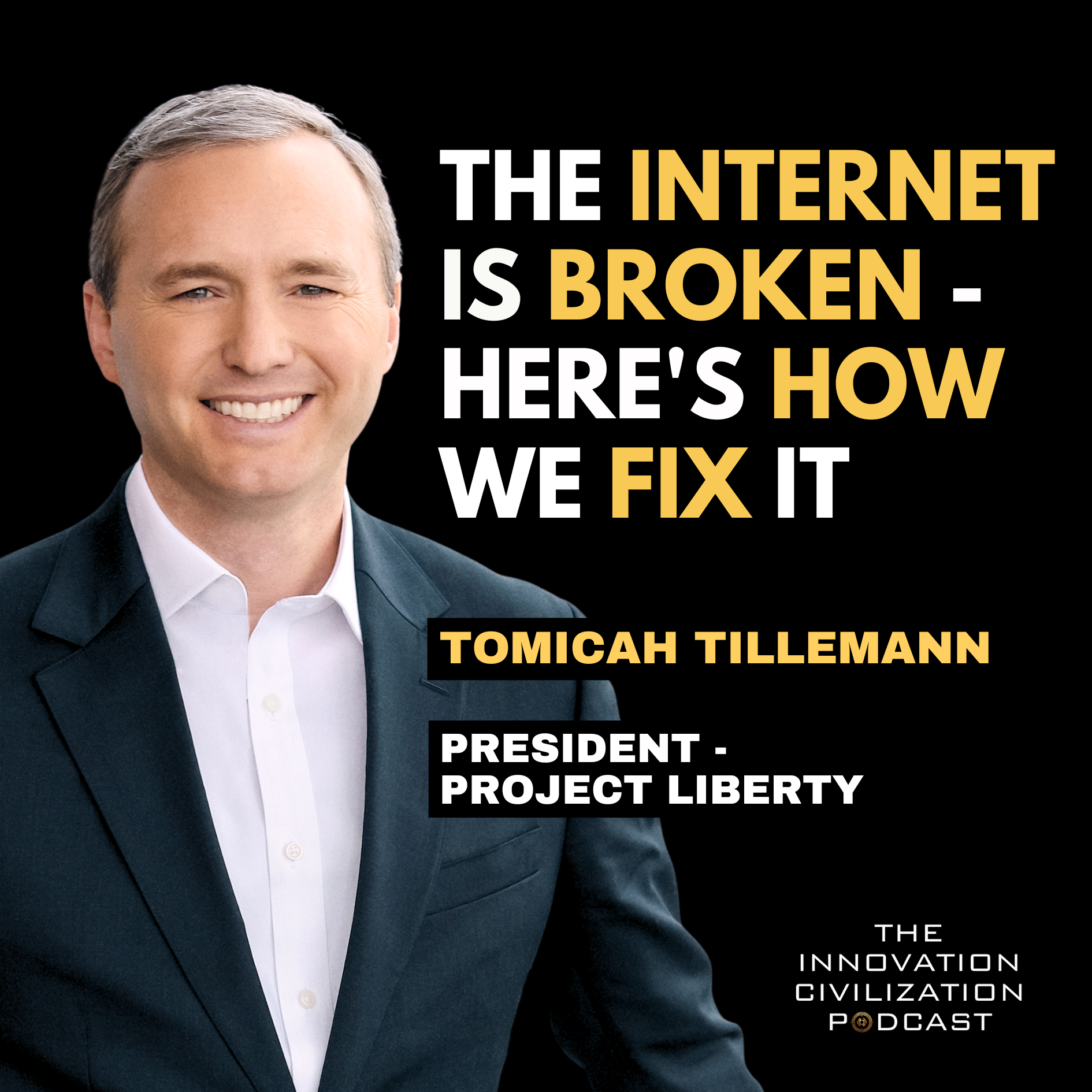Episode Description
In this episode, we talk with David Stasavage, dean at NYU social sciences on the history and first principles of democracy, the role of democracy in state, economic, and technological development, and the future of democracy.
Did the Greeks actually ‘invent’ democracy? What do we mean by ‘democracy’ anyways? It’s always a caricatured term. How did the Rashidun Caliphates in the early Islamic empire demonstrate democracy? Why did democracy decline from the Abbasids onwards and in China too? Does adopting democracy automatically turbocharge economic development and innovation? Does democracy reduce inequality in society? What are the evidence for all the above claims and counter-claims?
My guest today spent the past 20+ years researching representative institutions and the evolution of democracy across different regions of the world and he’s got an interesting conclusion: democratic thinking even existed in pre-13th century Europe and pre-Magna Carta too.
David Stasavage (@stasavage) is the Dean of Social Sciences at New York University and Professor of Political Science who wrote the recent book The Decline and Rise of Democracy. We talk about in the podcast:
- the first principles and definitions of what we exactly mean by 'democracy'
- a compressed summary of the origins, and pre-17th century non-European early forms of democracy in the Islamic world, China, Africa.
- democracy, institution-building, and state development in early Rashidun Caliphates, Umayyads and Chinese empires.
- Does adopting democracy automatically lead to more economic development and innovation?
- The reasons for the development of late democracy in Europe.
- The reasons for the development of the democratic model in the United States.
- Technology and the future of democracy in the world.

.png)






